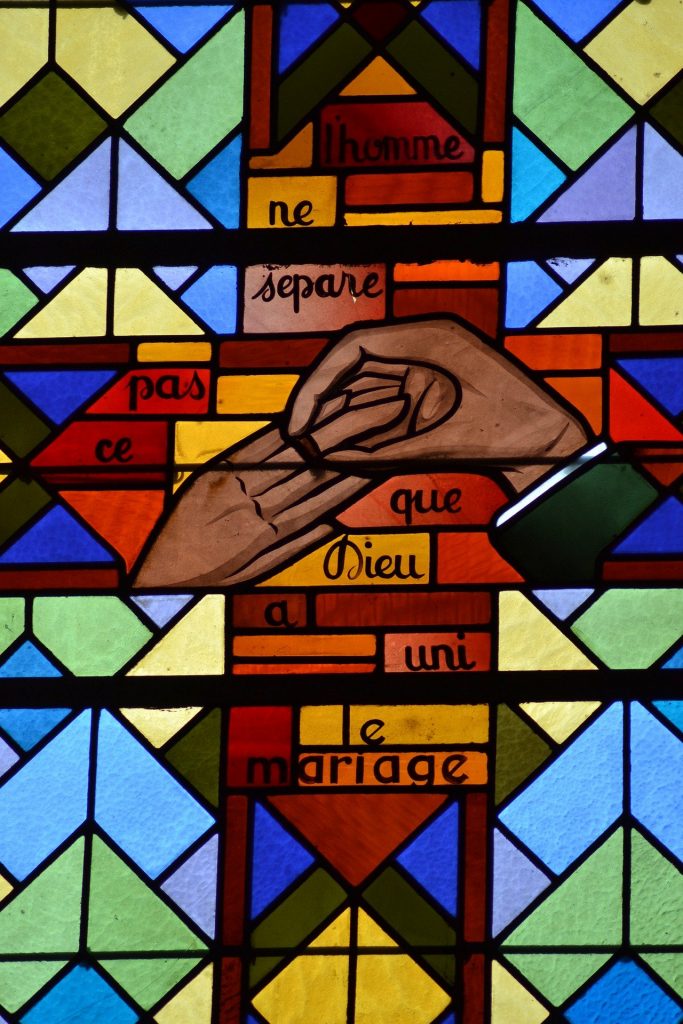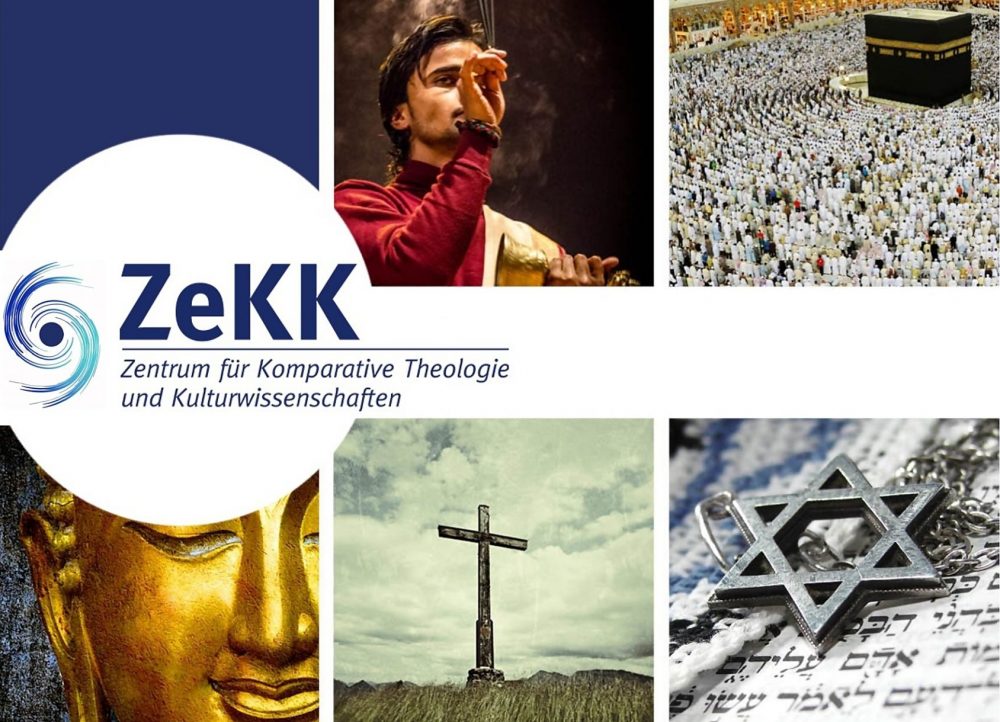During my summer holiday in Tunisia, I met one of my old Muslim friends, her Christian Indian husband and their 3-year-old British son. We talked about their inter-religious marriage, and they told me that they are very happy in their heterogeneous life because they simply respect each other’s beliefs and customs while their son enjoys the celebrations of both traditions and attends the prayer on Friday in the mosque and on Sunday in the church.
The percentage of mixed marriages increased in the context of globalization and immigration, which created new spaces for coexistence. However, it still poses big challenges between many believers from different religions and raises disturbing questions, especially concerning the ability to manage between the sanctity of human feelings and the sanctity of religious facts and duties.
The majority of religions draw the human and emotional boundaries by faith. That’s why it warns its adherents, especially women, against marriage outside their affiliation, which makes many believers act as if the religion is a closed group.
In Islamic jurisprudence, a Muslim man may marry a non-Muslim woman to increase the mass of Muslims and sometimes this is considered as a kind of Jihad. Meanwhile, this is not permissible to a Muslim woman. The common argument for this prohibition is that no one who does not adhere to Islam comes out of the womb of a Muslim woman to avoid the spread of non-Muslims among the Umma. For me, this argumentation serves only the masculine superiority in many societies, which contradicts the Qur’anic principle of equality between women and men in terms of rulings and duties.
This jurisprudence was actually embodied in the Tunisian state’s decision to ban the law that prevents Tunisian women from marrying a non-Muslim, and this was accepted and supported by the Tunisian Dar al- Iftaa. However, it remains an exception in the Muslim world. In many countries, an interreligious marriage is still perceived as a weakening of the spouse’s religious community. For instance, according to the sociologist Anne Françoise Weber, marriages between members of the Muslim community and those of the Christian community “are perceived as contrary to the norms of Lebanese society”.[1] When a Muslim woman marries a man from another religion, her name changes in civil registries, and she loses the right to vote as a member of her original community. Even the children born into interreligious marriages cannot be considered members of the wife’s original Muslim community although this type of marriage represents a deep experience that can allow the emergence of a new generation of believers who base their affiliation on free choice and love. But the question that remains is: could love unite what a jurisprudence separates?
[1] Weber, Anne Françoise. 2008. „Briser et suivre les normes : les couples islamo-chrétiens au Liban,“ in Les métamorphoses du mariage au Moyen-Orient. Edited by Barbara Drieskens. Beirut : Presses de l’Institut français du Proche-Orient (IFPO). [Accessed 10 Mar. 2015]

Nadia Saad ist Wissenschaftliche Mitarbeiterin am Seminar für Islamische Theologie der Universität Paderborn.
#Interfaith Marriage #God #Love
